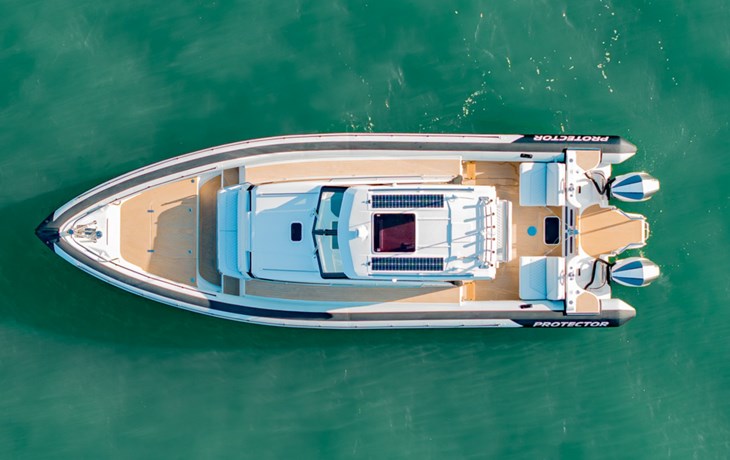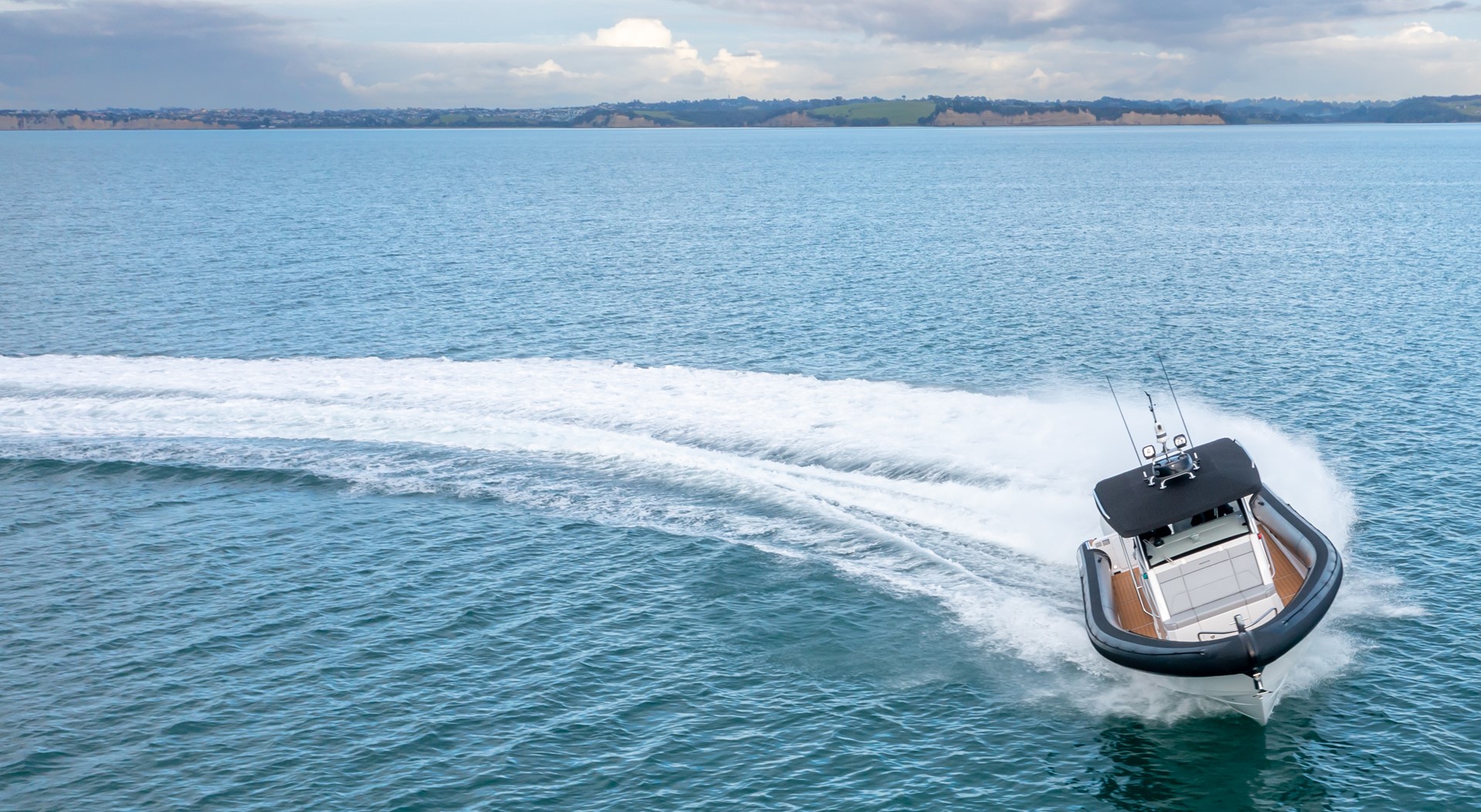There are a hundred and one choices to make when buying a new boat. Fibreglass or Aluminium? New or used? Open or enclosed cabin? One of the most important choices you make also happens to be one of the most difficult – whether to buy a petrol or diesel engine boat.
To help you make the right choice, we’ve taken a closer look at the difference between petrol and diesel engines.
DIESEL
Diesel engines are perfect for boaters who want a sleek design and an inbuilt motor. Rayglass offer a virtually hidden engine design where you are not sacrificing any room in your cockpit which is generally a substantial compromise when choosing a diesel engine with other boat manufacturers. They may also be better for those who want to cruise long distances on their boat, thanks to their superior fuel economy.
With that in mind, diesel engines offer these advantages:
- A hidden engine compartment for a slick, one-piece boat design.
- A large transom platform that’s perfect for fishing from, swimming and even barbecuing.
- Diesel fuel is cheaper to buy, usually going for around $1.50 to $1.80 and no road user charges!
- More economical. A well-maintained diesel engine will generally use around 30 litres an hour if you’re cruising at 25 knots.
- More accessible. If you’re refuelling at marinas, they usually have diesel – some don’t carry petrol.
Diesel engines are fantastic if the above points are important to you. However, they do pull up short in a couple departments when compared to petrol engines.They’re more expensive to buy new and service, they’re noisier, and they usually only come with a two-year warranty (petrol engines often come with six).
PETROL
If you don’t mind losing a bit of space on your boat’s transom to an outboard motor and you’re looking for a high performance engine, petrol is probably your best bet.
Petrol engines are great for watersports, shorter distance cruising and they’re generally the better option for smaller boats. These are the advantages of petrol engine:
- They’re quieter than diesel engines.
- Generally petrol engines offer higher performance.
- Six-year warranty included (instead of the two-year warranty that diesel motors have).
- Cheaper to buy and service.
The trade-off with petrol engines is that you’ll pay more for fuel and you’ll sacrifice the transom space from inboard diesel engine. You’ll also get slightly worse fuel economy, using on average 40 litres per hour if you’re cruising at 25 knots. In saying this they are cheaper when buying new as previously mentioned.
What’s the right choice for your boat? The fuel economy and extra space that diesel engines provide, or the quiet and performance of a petrol engine? If you’re still not sure, drop in to Rayglass’s Mt Wellington showroom, talk to one of our in-house experts, and get familiar with our range up-close.







